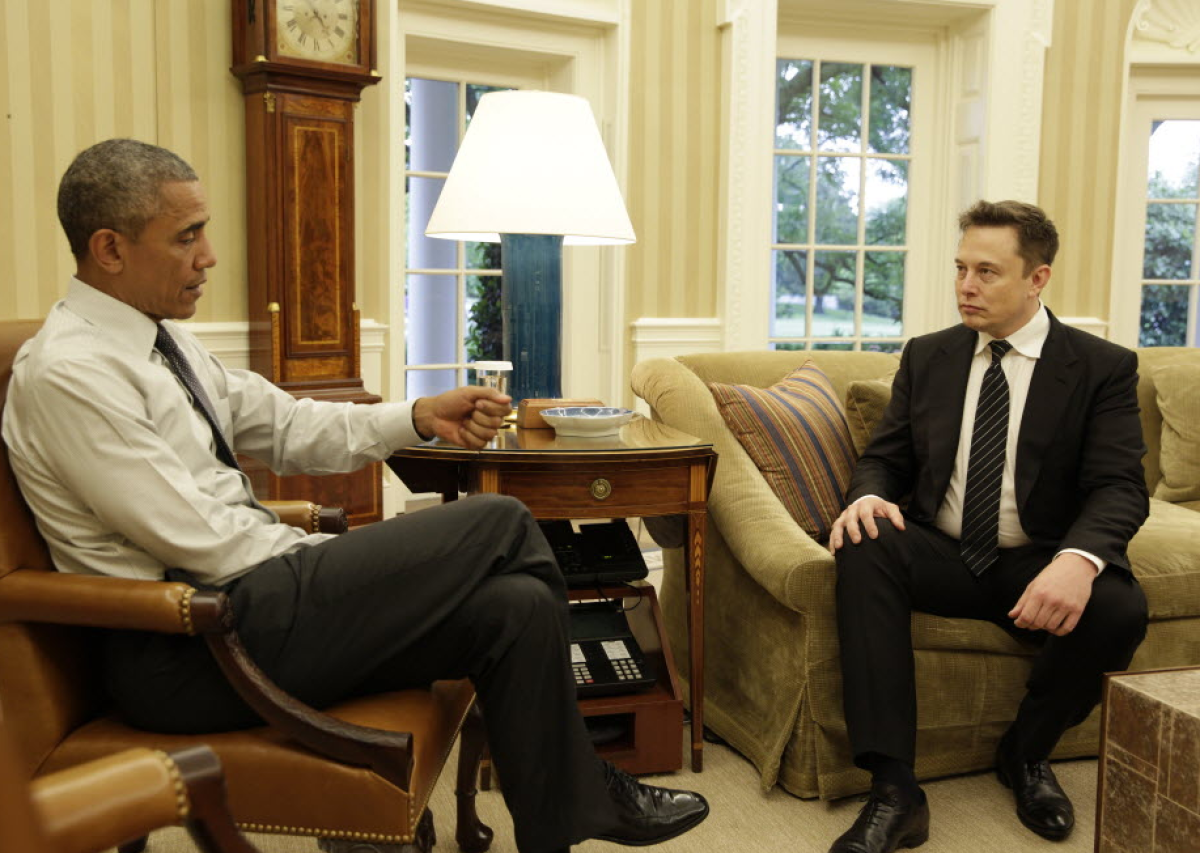March 24, 2025 — Washington, D.C. — Elon Musk has ignited fresh debate in Washington by comparing his Department of Government Efficiency (DOGE) to Barack Obama’s 2011 “Campaign to Cut Waste”. In a recent post on his platform, X, Musk shared a throwback video of Obama’s address and captioned it, “Sounds exactly like DOGE.”
Obama’s “Campaign to Cut Waste”: Then and Now
In 2011, President Obama launched an initiative aimed at eliminating wasteful government spending. Led by then-Vice President Joe Biden, the program sought to identify areas of excess—like obscure grant programs—and implement modest reforms to tighten federal budgets. The effort earned praise for transparency, but its long-term impact was modest and largely symbolic.
Musk’s DOGE: A Radical Overhaul
Fast forward to 2025, and Musk’s DOGE takes a much more aggressive stance. The initiative seeks to slash federal budgets, reduce staffing, cut entire agencies, and modernize how the government tracks spending. According to Musk, the goal is simple: eliminate inefficiency and bureaucracy—even if it means shaking up the system from the ground up.
While Obama’s campaign took a measured, public-facing approach, DOGE focuses on immediate structural reforms with deep budgetary cuts. Critics argue that such aggressive cost-cutting may damage vital public services, while supporters praise Musk for confronting what they see as a bloated and inefficient federal system.
Technology’s Role in Fiscal Reform
Musk’s vision includes the use of AI, data analytics, and automation to monitor and streamline government expenditures. However, questions persist around transparency. Musk previously described “magic money computers” in government—automated systems allegedly capable of issuing payments without oversight, raising alarms about financial accountability within federal agencies.
This reflects growing concern about whether emerging technologies, while efficient, could reduce human oversight and increase the potential for undetected misuse of funds.
Public Reactions: Support and Skepticism
Reactions to Musk’s comparison have been polarized. Fiscal conservatives applaud DOGE as long-overdue reform, arguing that the federal government has for decades failed to rein in spending. Meanwhile, critics—including some former Obama aides—contend that the comparison overlooks the risks of undermining critical programs like Medicare, education, and infrastructure.
They argue that while efficiency is important, a balance must be struck to preserve essential government functions. Musk’s aggressive model, they warn, may do more harm than good if not carefully managed.
Calls for Oversight and Reform
As DOGE moves forward, lawmakers from both sides are calling for:
- Independent audits of all federal agency budgets
- Greater transparency in how AI-driven financial systems operate
- Safeguards to ensure critical services remain funded
The debate continues: Can government spending be slashed without jeopardizing key services—or does bold action like DOGE signal the future of fiscal policy?
Conclusion: An Evolving Challenge
Whether you view it as bold innovation or reckless disruption, Elon Musk’s DOGE initiative is reshaping the national conversation around government waste and fiscal responsibility. By invoking Obama’s earlier campaign, Musk has framed his mission as a continuation—and escalation—of longstanding efforts to modernize public finance.
As technology continues to evolve, so too must the systems that govern public funds. But the question remains: Will this new era of efficiency come at a cost?

